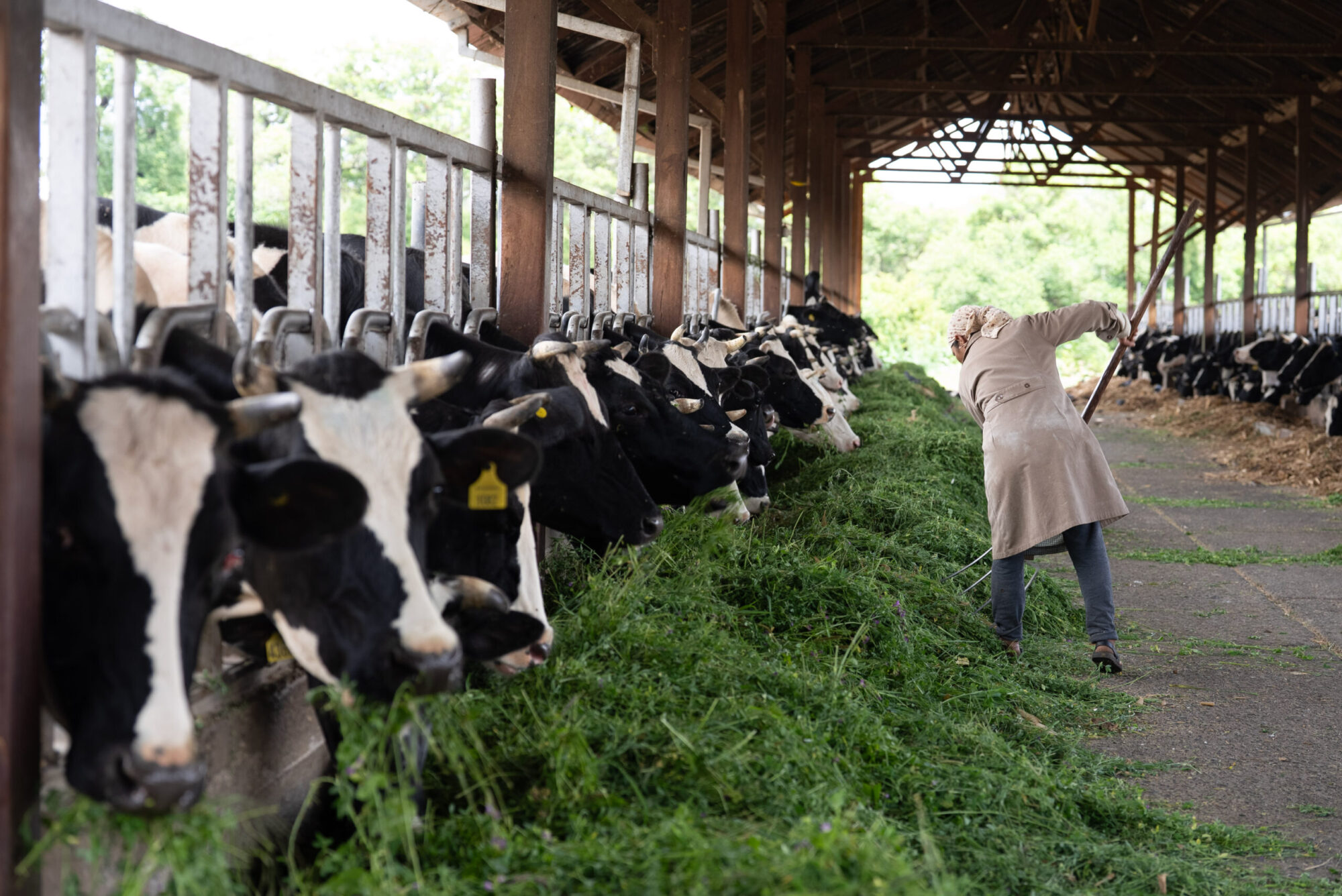Protecting the land, respecting ecosystems, transmitting sustainable knowledge: agroecology is key to meeting agricultural and environmental challenges. In Bolivia, it ensures food sovereignty and soil preservation in the face of climate change. The Patiño Foundation works to support producers, strengthen local distribution channels and promote fairer and more balanced production models.
Conventional agriculture, based on intensive soil exploitation, massive use of chemical inputs and monoculture, weakens the ecological balance and compromises long-term food security.
Faced with these challenges, the Patiño Foundation commits to agroecology, an approach aimed at preserving ecosystems while ensuring agricultural yields adapted to the needs of the populations.
By integrating biodiversity and promoting local knowledge, we promote agricultural practices that favour resilience in the face of climate change. Far from being a marginal alternative, agroecology is now establishing itself as a sustainable and viable model, reconciling agricultural production and care for the environment.
Soil preservation is at the heart of our work. Erosion and soil depletion threaten food sovereignty and the future of generations to come. In our Pairumani Model Farm, we develop an agroecological model based on the dynamic interaction between soil, plants, animals and human beings.
Our experts support farmers in the implementation of natural practices such as agroforestry, crop rotation and the use of organic composts to restore soil fertility and limit the use of chemical inputs. Every year, more than 3,000 stakeholders from agricultural value chains are trained in good practices.
Agroecology is not just an environmental approach: it also aims to improve the lives of farmers by providing greater autonomy and fair pay.
The Patiño Foundation works with more than 1,000 Bolivian producers, offering them technical support, training and assistance in promoting their products on local markets.
At Hacienda Patiño, we develop agricultural and livestock systems in line with natural cycles, while maximising yields. Our dairy products, consumed by more than 40,000 families, help improve the nutritional health of local communities.
Innovation is a key driver in building a more resilient agriculture.
The Patiño Foundation invests in applied research to develop and test high-performance agroecological models. The Centro de Investigaciones Fitoecogenéticas de Pairumani, founded in 1970, is a major research centre dedicated to improving seed varieties adapted to local conditions.
Every year, more than 10,000 producers use these improved seeds, which provide more robust and productive crops.
Knowledge transfer is a priority. We conduct more than 36 research projects annually on regenerative agriculture and welcome more than 100,000 visitors to our ecotourism centres to raise awareness of sustainable practices.
By sharing our knowledge, we give new generations the tools they need to build an agriculture respectful of the environment and of people.
